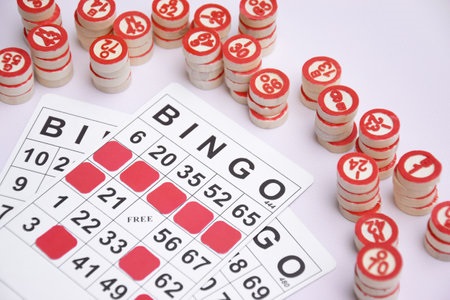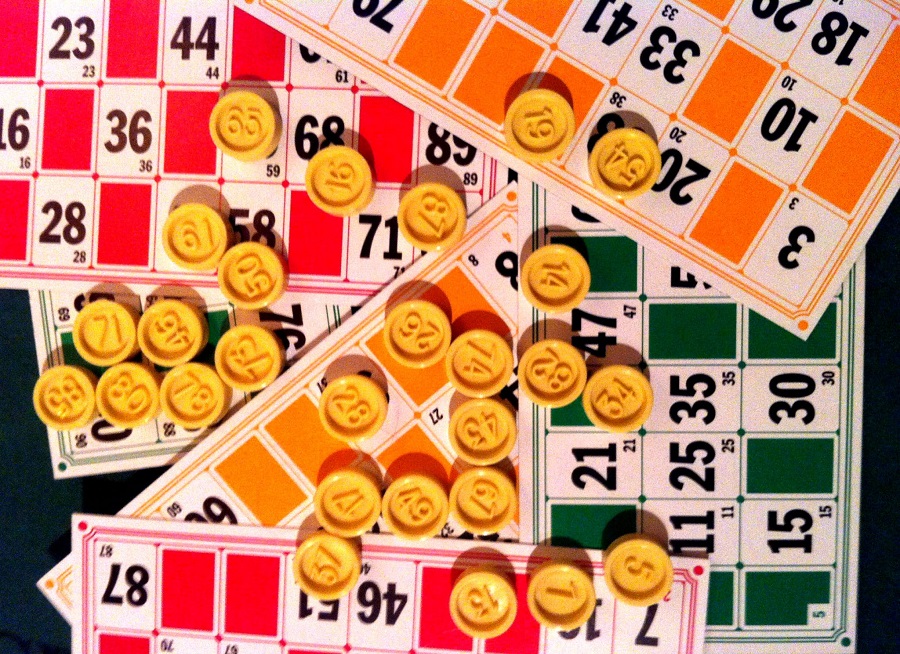
Lucky Numbers in Bingo: Myth or Magic?
There’s an age-old belief in bingo circles about ‘lucky numbers’—those elusive digits that seemingly increase one’s chances of winning. While many dismiss them as myths, others swear by their effectiveness. In this piece, we’ll explore the phenomenon of lucky numbers in the game of bingo, unraveling the magic and mystery behind them.
The Origin of Lucky Numbers
The idea of ‘lucky numbers’ isn’t exclusive to bingo. Throughout history, different cultures have attributed special meanings to specific numbers. In some cultures, the number 7 is deemed lucky, while in others, it’s 8. Such beliefs have naturally spilled over into games of chance, including bingo.
Interestingly, certain numbers are considered lucky because of their frequent appearance in winning bingo patterns. Over time, observant players began to notice patterns, which led to certain numbers being labeled ‘lucky’ or ‘golden’.
However, it’s essential to remember that bingo is a game of chance. Thus, the idea of certain numbers being luckier than others can be more psychological than factual. For many players, having these lucky numbers simply adds to the fun and anticipation of the game.
Popular Lucky Numbers in Bingo
Let’s dive into some of the numbers most frequently deemed lucky in bingo. Number 7, often associated with luck worldwide, is a favorite in bingo too. Then there’s 23, which many players believe has a higher chance of being called.
Some of the other popular numbers include 9, 13 (though it’s considered unlucky in many cultures), and 22. It’s fascinating to see the variation in lucky numbers across different bingo communities and regions.
The Psychology Behind Lucky Numbers
The belief in lucky numbers is closely tied to human psychology. We humans love patterns, and when we notice a certain number appearing frequently in our winning cards, it’s natural to label it as ‘lucky’. Over time, these patterns turn into beliefs, even if the patterns are coincidental.
Moreover, having a lucky number can boost a player’s confidence. In the realm of games and gambling, a confident player is often a more engaged and, ultimately, a happier player, even if the outcome is left to chance.

Lucky Numbers: Strategy or Superstition?
While many players bank on their lucky numbers, others see them as mere superstitions. These skeptics argue that since bingo is a game of pure chance, relying on specific numbers doesn’t influence the outcome.
However, for some players, it’s not about influencing the outcome but about having a personal strategy or ritual that enhances their enjoyment. Whether it’s wearing a lucky charm, sitting in a favorite spot, or sticking to certain numbers, these rituals become an integral part of their gaming experience.
In essence, the debate isn’t about the effectiveness of lucky numbers but about individual beliefs and what makes the game enjoyable for each player.
Embracing the Fun of Lucky Numbers
Whether you’re a firm believer in lucky numbers or consider them a charming quirk of the game, there’s no denying that they add an extra layer of excitement to bingo. For many, it’s the thrill of seeing their lucky number being called that keeps them coming back for more.
At the end of the day, bingo is about fun, camaraderie, and the thrill of the unexpected. And if lucky numbers enhance that experience for you, then why not embrace them?
